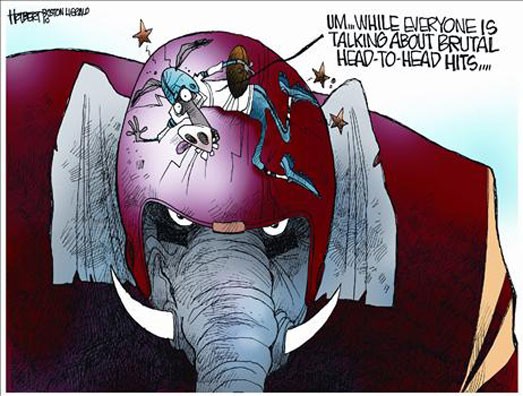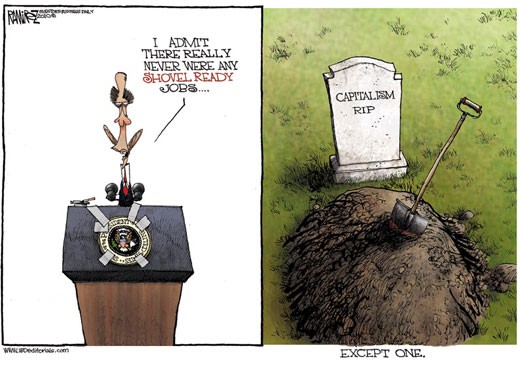Regulator for Fannie Set to Get Litigious
Post on: 28 Май, 2015 No Comment

Updated Oct. 21, 2010 12:01 a.m. ET
The federal regulator overseeing Fannie Mae and Freddie Mac hired a law firm specializing in litigation as the agency considers how to move forward with efforts to recoup billions of dollars on soured mortgage-backed securities purchased from banks and Wall Street firms.
The Federal Housing Finance Agency, which in July issued 64 subpoenas to issuers of mortgage securities, bank servicing companies and other entities, is working with Quinn Emanuel Urquhart & Sullivan LLP, a Los Angeles-based firm that specializes in business litigation, to coordinate its investigations.
In a statement, the FHFA said it is analyzing requested information and that no decisions for future action have been made. Quinn Emanuel confirmed its hiring by FHFA but declined to comment further.
Since the financial crisis, 400-lawyer Quinn Emanuel has avoided building a banking clientele, making it a top suitor for plaintiffs pursuing banks. The firm has represented MBIA Insurance Corp. in several lawsuits against top U.S. mortgage banks alleging that the insurer was fraudulently induced to cover losses on mortgage-backed securities. Those cases are ongoing.
The FHFA hasn’t disclosed the targets of its subpoenas, though some banks have acknowledged receiving them, including J.P. Morgan Chase & Co. The probe is focused on so-called private-label securities that were originated by mortgage companies, packaged by Wall Street firms and then sold to investors.
The legal effort is separate from an ongoing probe of allegations that mortgage-company employees improperly signed hundreds of documents a day to quickly process foreclosures. But the fallout from that crisis has generated new concerns that bond investors might become more aggressive in getting out of soured mortgage deals.
On Tuesday, Bank of America Corp. acknowledged receiving a letter from investors alleging that the bank didn’t properly service bond deals worth $47 billion. Investors include Freddie Mac and the Federal Reserve Bank of New York. Bank of America Chief Executive Brian Moynihan said the bank would diligently fight this.
The FHFA’s efforts could ultimately lead to a settlement that would avoid protracted legal battles, analysts said.
There’s going to be much more incentive to negotiate seriously and quickly than if they had done this seven months ago, when people were blithely ignoring the fraud, says William K. Black, a former federal bank regulator who is now an associate professor at the University of Missouri-Kansas City School of Law.
Estimates about banks’ ultimate exposure vary considerably because it isn’t clear how aggressively investors will pursue claims, or how successful they will be. Banks could face between $55 billion and $179 billion in repurchase demands from investors, according to Compass Point Research & Trading, a Washington boutique investment bank. Estimates from FBR Capital Markets say repurchase demands could be lower, between $24 billion and $51 billion.
The FHFA subpoenas could mark the beginning of a new attempt to recover losses on soured mortgages from banks.
So far, most efforts to force banks to repurchase mortgages have focused on mortgages that Fannie and Freddie bought and guaranteed themselves, and not from mortgage securities issued by Wall Street firms.
The mortgage giants are sorting through their growing pile of delinquent loans to find sloppy or fraudulent loan underwriting that constitutes a violation of representations and warranties.
Those repurchase demands have risen as delinquencies mushroomed. Fannie and Freddie have put back $6 billion in mortgages during the first half of the year, and banks could face another $22 billion through 2012, according to a report published Tuesday by analysts at RBS Securities Inc. Banks, for their part, have grown more aggressive in recent months in challenging those put-back efforts.
While Fannie and Freddie don’t make loans directly, they support housing markets by buying mortgages from banks and then selling them to investors as securities, providing guarantees. But during the housing boom, Fannie and Freddie augmented their role in the housing market by purchasing privately issued securities as investments. They became two of the largest investors in those bonds.
Those securities were often backed by subprime loans and mortgages that required little or no documentation of borrower incomes, which deteriorated sharply once home prices fell. Fannie and Freddie couldn’t purchase those loans directly, but they were allowed to invest in slices of the securities that carried triple-A ratings.
Fannie and Freddie purchased $227 billion of bonds backed by subprime and other risky loans in 2006 and 2007. The value of those securities plunged as the housing boom turned to bust, and losses have accounted for around 9% of the firms’ capital hole. So far, the government has injected $148 billion to keep the mortgage giants afloat.
Some analysts say Fannie and Freddie, which touted their unparalleled mortgage-market expertise, could be hard-pressed to argue that they didn’t know what they were buying.

But the subpoenas could help Fannie and Freddie access loan files for the mortgages backing their bonds and to demonstrate that the loans didn’t conform to underwriting guidelines.
The loan files are really the Holy Grail here, says David Grais, a New York securities lawyer who represents the Federal Home Loan Banks of San Francisco and Seattle, which have sued Wall Street firms to buy back soured mortgage securities.
Difficulty obtaining those loan files is one reason why there have been so few efforts by investors to force repurchases so far. Investors need to access the loan files to determine if there has been a specific violation of certain contracts, but they can’t petition trustees for loan pools to take action without first identifying that breach.
It’s a real Catch-22 for them, says Isaac Gradman, a San Francisco-based consultant.
If the FHFA is successful in proving that loan files didn’t meet underwriting standards or that their ownership chain wasn’t properly transferred during the securitization process, that could pave the way for other investors to make similar challenges, said Joshua Rosner of investment-research firm Graham Fisher & Co.
Separately, U.S. Secretary of Housing and Urban Development Shaun Donovan said Wednesday that the Obama administration will hold banks accountable for deficiencies on foreclosure practices. We’re committed to forcing changes, he said, offering few new details about the a government-wide review of mortgage practices.
On Tuesday, two Knightstown, Ind. homeowners who were foreclosed on filed a federal-court lawsuit against Bank of America, claiming they were deprived of their property because of perjured affidavits. The documents were signed by employees who had no actual knowledge of the facts, according to the suit.
Rich Shevitz, a lawyer representing Dwayne Ransom Davis and Melisa Davis, said the proposed class-action suit seeks seeks unspecified damages, not a reversal of the foreclosure.
Bank of America had no comment on the lawsuit.
Dan Fitzpatrick and Jared A. Favole contributed to this article.














